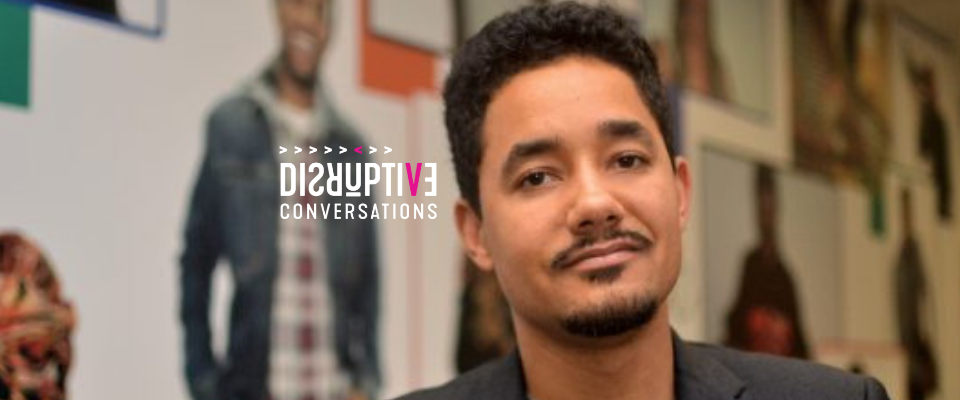This interview with Kofi Hope was thought-provoking on many levels. In this episode, we explored his work as an activist and an academic. Hope you enjoy the many insights we uncover in this episode. Here are some of the things that stood out for me.
The most important journey we can go on is to find the fearless honestly within ourselves.
Kofi reminds us that we do not control much in the world. One of the most important journeys we embark on is that of understanding who we are. Understanding who you are your own personal history. The journey of understand is unfinished work, it is difficult work, and is the most important work you will do. The fearless honestly with ourselves and avoiding our projections of self. but time well spent.
We have to embrace detached action.
This is a nuanced point. It refers to recognizing that we are all part of something bigger than ourselves. Something that we cannot control. The notion that we control the outcome of events and that the world is ours to be manage is a strong dominant narrative in society. Kofi reminds us to release ourselves from the that we have control over the ultimate outcome. Nothing is preordained. What we can control, the intention, integrity, and the value we put into the work we do. Lack of control can be mitigated by being mindful in the way we approach our work. We have inherited a legacy from those who have come before us. All that can expected, is that we do our best and do not get too caught up with the results.
Cause and effect are not always closely coupled.
In response to Kofi’s comments, I draw on complexity theory to describe that idea that systems often have a delay in them. We live in a world that overvalues quantitative short-term data. We undervalue long-term qualitative data or thick data. When we measure prematurely, we stifle innovation. Most approaches to measuring assume a linear predictable world. One that we can forecast, and things unfold as we forecasted. Kofi and I both challenge this notion.
We coexist in mutual struggle and collective responsibility.
Kofi is challenging the idea that people in privileged positions get to reach down and tell those who are marginalized, here are some crumbs to redefine your future. We have to ask larger questions. Why are people poor? Why are those folks in prison? He is asking that we see ourselves in a mutual struggle instead of those people are struggling. My interpretation is that he is asking, if I am benefiting from a system, and they are not, how can we work to change it? He sums his point by saying, “that if you want to even the playing field if you want to bring in people on the margins and let them have a place at the table…it takes investment, it takes time, and it takes intentionality”. Investment in people means investing a the system in a way that changes the patterns of that system.
We need to avoid flavor of the month funding.
Kofi makes that point that funding priorities change and resources begin to follow in the direction of the new priorities. For example, “Youth-Lead” programming. What happens is while this flavor his hot we build up organizations that support a “Youth-Lead” model. When the cracks show up and the is no longer appealing, funding priorities change and you now have all this infrastructure that needs to change. Too many of our third sector organizations are chronically under resourced.
I worked hard for all that I have, is a myth.
Kofi reminds us that a dominant troupe of our society is that hard work gets your riches and spoils. If you work hard enough you can have it all. Kofi is challenging the idea that people get to where they are because of hard work. I would concede that people do get to where they are because of hard work, but they also get there because of privilege. The challenge is that when they tell their story, it focuses on the hard work side and pretty much ignores the privilege that increased your chances that hard work would pay off. No one does it alone. We all get help along the way.
